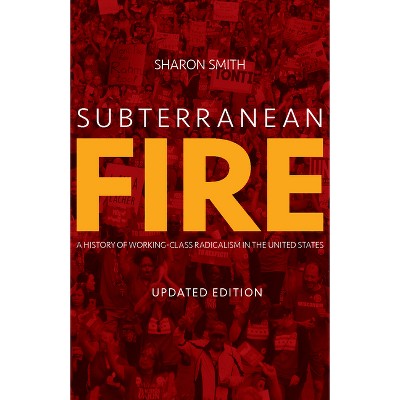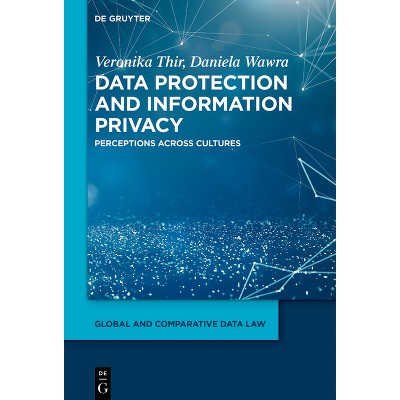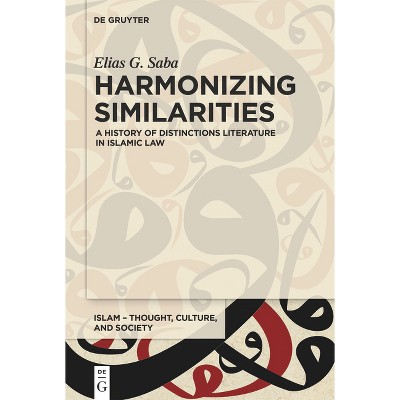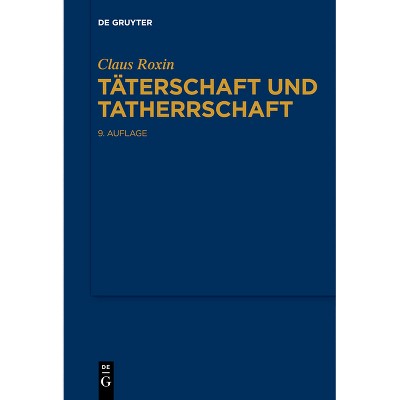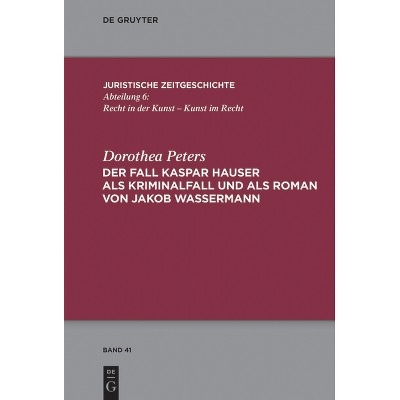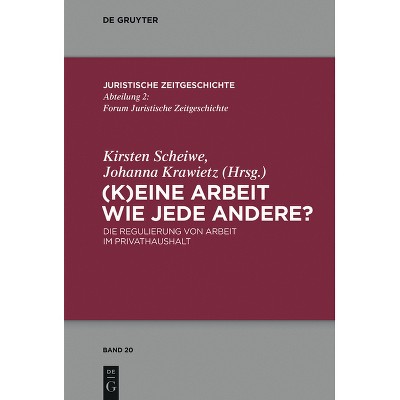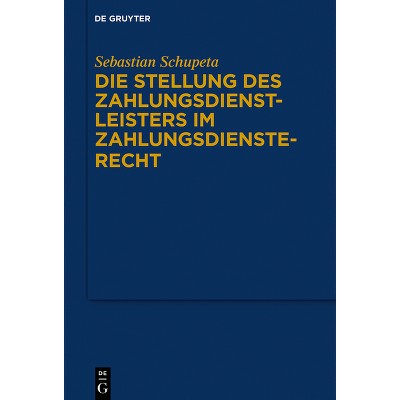Sponsored

Sharia and Justice - by Abbas Poya (Paperback)
In Stock
Sponsored
About this item
Highlights
- Justice is considered the basic norm of human coexistence.
- About the Author: Abbas Poya, University of Erlangen-Nuremberg, Germany.
- 187 Pages
- Freedom + Security / Law Enforcement,
Description
About the Book
This book deals with the sensitive question of the relationship between Sharia and justice. Is the Sharia oriented towards justice? Or is the Sharia simply the normative order of Islam and something quite apart from the question of justice? Then comBook Synopsis
Justice is considered the basic norm of human coexistence. Every legal order refers to the concept of justice, and Muslims also regard their religious norms (the Sharia) as offering just solutions to legal questions. But is the assumption that the Sharia is just merely an acceptance of a status quo correct? And is justice the necessary aim of the Sharia? In this volume, renowned scholars discuss these questions from different perspectives. In principle, the first normative source of Islam, the Qur'an, orders justice and fair conduct (Rohe). At the same time, an analysis of the concept of justice in the classical age of Islam (Ahmed and Poya) also shows that there existed ambivalent understandings of this concept. The relationship of the idea of justice in Islam to political questions (Ende), to war (Poya), and to modern reform (Mir-Hosseini) again confirms the importance of the concept for a critical reflection on traditional assumptions and existing circumstances. The discussion on the hijab in Western countries (Ladwig) shows paradigmatically how justice can regulate the relationship between the secular state and the Sharia. The essays in this volume endeavor to show that debates about justice, in Islam as well, express an underlying tension between the perception of an order as just on the one hand, and the feeling of injustice under the same order on the other. This discussion validates the idea that justice should be understood as a concept subject to a perpetual reexamination according to changing times and circumstances.
From the Back Cover
This book deals with the topical and sensitive question of the relationship between Sharia and justice. Is the Sharia just? Is it oriented towards justice? Or is the Sharia simply the normative order of Islam and something quite apart from the question of justice? Then comes the issue of the Sharia in Western countries: how should secular states treat certain Islamic norms, such as wearing the hijab in schools and at work? These questions are only a few of those discussed by experts in this volume. The essays endeavor to show that debates about justice, in Islam as well, express an underlying tension between the perception of an order as just on the one hand, and the feeling of injustice under the same order on the other. This discussion validates the idea that justice should be understood as a concept subject to a perpetual reexamination according to changing times and circumstances.
About the Author
Abbas Poya, University of Erlangen-Nuremberg, Germany.